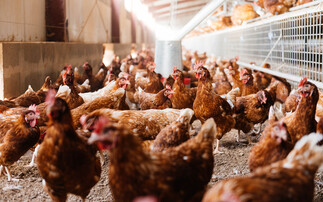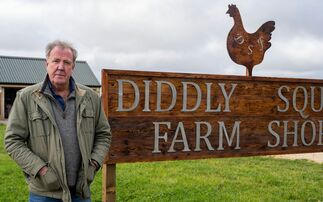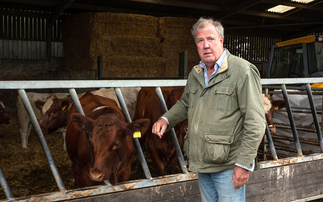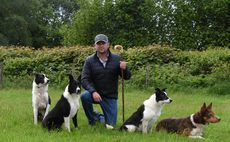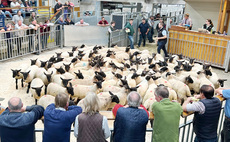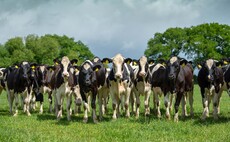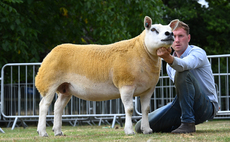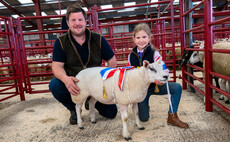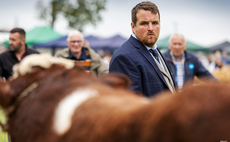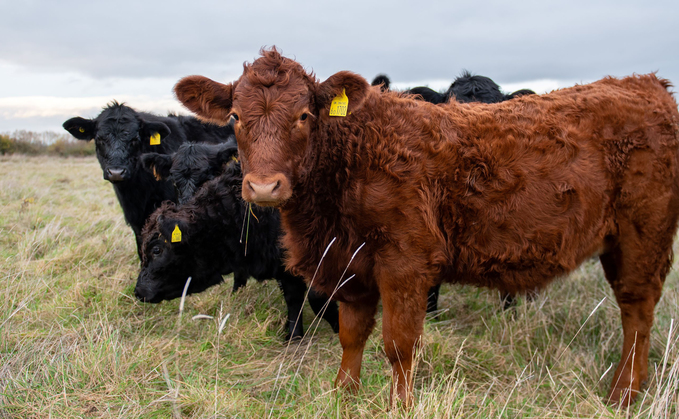
The Government said there have been more than 65 farms which have returned a positive case of bluetongue since August 26.
Parts of Lincolnshire and Yorkshire have now been placed under a restricted bluetongue zone following an increase in cases.
The Government said it had revoked 20km Temporary Control Zones (TCZs) around affected premises in both counties on Tuesday (September 17) after it found evidence the virus was transmitting locally.
APHA said the TCZs will be replaced by a larger restricted zone area covering East Riding of Yorkshire and part of Lincolnshire which now restricts the movement of livestock without an authorised licence.
READ NOW: Financial consequences of bluetongue restrictions could see Suffolk farmer £50,000 out of pocket
The UK's Chief Veterinary Officer Christine Middlemiss said it has also seen a 'dramatic' increase of cases across northern Europe in a short space of time.
She said the disease can be 'damaging', causing issues including reduced milk yields, sickness, and reduced reproductive performance.
Dr Middlemiss added: "As the number of bluetongue cases continues to rise in England and northern Europe, we are taking prompt action to mitigate the spread of the disease.
"I urge farmers within bluetongue control zones to adhere to restrictions and remain vigilant to prevent the disease spreading to their herds.
"We appreciate the impact restrictions can have on farmers.
"We are committed to working with everyone affected.
"We will continue to keep control zones under review as our understanding of the disease picture develops."
APHA's chief executive Jenny Stewart said: "Since the first bluetongue case for this season which was detected last month, case numbers have continued to rise.
"I want to remind keepers of the importance of monitoring their livestock and taking up free testing where necessary.
"Scientists, vets and field teams from the APHA are working hard to help tackle bluetongue virus and ensure farmers are kept up to date and supported."
Íæż½ã½ã should report any suspicion of bluetongue in animals in England to APHA on 03000200301.
READ NOW: Bluetongue concerns placing a 'heavy burden' on farmers' mental health








